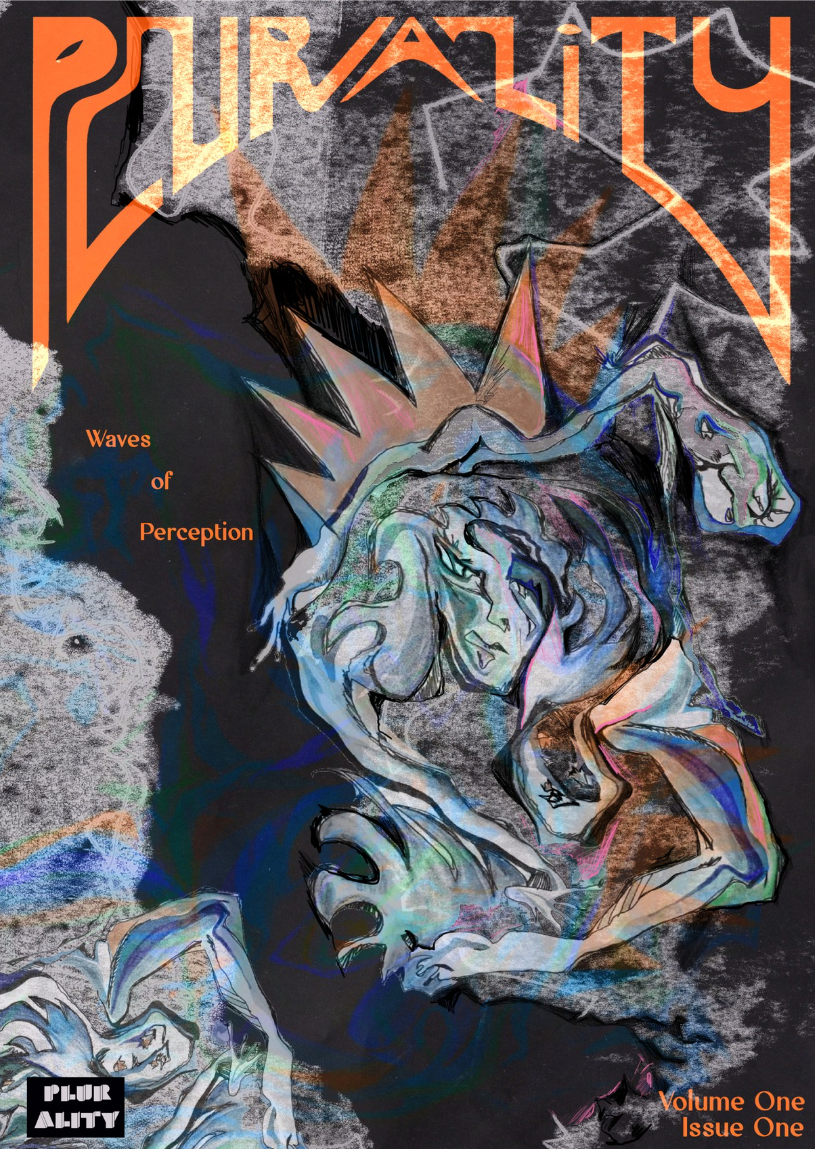Gendering Empire: A Historiographical Exploration
DOI:
https://doi.org/10.2218/plurality.10076Keywords:
Gendered Empire, Imperialism, IntersectionalityAbstract
In her landmark work in feminist theory The Second Sex, Simone de Beauvoir argues how gender is a totalising, transformative social experience. In this essay, I will argue that this total construction of power and identity finds resonance the colonial project. As alluded to in Franz Fanon’s vision of decolonisation, colonialism wholly moulds and creates individuals. The link is established in using gender as a category of historical analysis for empires, where the principal analytical prism is a Foucauldian dispersion of power, in which power emanates through knowledge-fields, discourse and social relations rather than through simple, unmasked, top-down imposition. Two strands emerge: the genealogy of power and the reproduction of power. The former traces how gender has contributed to moulding, naturalising and essentialising colonial hierarchies, while the latter addresses how historical writing itself illuminates or occludes narratives, agencies and subjectivities, in turn creating new meanings. However, gender as a category of historical analysis is useful for historians of empire, contingent upon the adoption of an intersectional approach that does not posit gender as primary to other axes of oppression. Furthermore, the consciousness of its inessentiality – particularly that of the binary – is necessary to avoid perpetuating Eurocentrism and its specific demarcation of the concepts of gender and race.
Downloads
References
Boydston, Jeanne. “Gender as a Question of Historical Analysis”, Gender & History 20, no. 3 (2008): 558-83.
Bulbeck, Chilla. ‘New histories of the memsahib and missus: the case of Papua New Guinea’, Journal of Women’s History 3, no.2 (1991): 82-105.
Chow, Rey. “Where Have All the Natives Gone?”. In Feminist Postcolonial Theory: A Reader, ed. Lewis, Reina and Mills, Sara Manchester: Manchester University Press (1998).
Christiansen, Gerd. “Three concepts of power: Foucault, Bourdieu, and Habermas”, Power and Education 0 (2023).
Chung, Hilary. “Mao Dun, the Modern Novel, and the Representation of Women”, in The Columbia Companion to Modern Chinese Literature ed. Denton, Kirk A. New York, NY: Columbia University Press (2016).
De Beauvoir, Simone. The Second Sex. London: Vintage Classics. (2011).
Fanon, Franz. The Wretched of the Earth. Harmondsworth: Penguin. (2001).
Haggis, Jane. “White Women and Colonialism: Towards a Non-Recuperative History”, in Gender and Imperialism, ed. Clare Midgley. Manchester: Manchester University Press (1998), 45-79.
He-Yin Zhen, “On the Question of Women’s Liberation”, in The Birth of Chinese Feminism: Essential Texts in Transnational Theory, ed. Liu, Lydia et al. New York, NY: Columbia University Press (2013).
Hershatter, Gail and Zheng, Wang. “Chinese History: A Useful Category of Gender Analysis”, The American Historical Review 113, no.5 (2008): 1404-21.
Scott, Joan Wallace. “Gender: A Useful Category of Historical Analysis”, in Gender and the Politics of History, New York: Columbia University Press (1999): 28-5.
Levine, Philippa. “Introduction: Why Gender and Empire?”, in Levine, Philippa ed., Gender and Empire. Oxford: Oxford University Press (2009): 1-13.
Robertson, William. The History of America, 4 vols, II. London (1777).
Lewis, Reina and Mills, Sara “Introduction” in Feminist Postcolonial Theory: A Reader, ed. Lewis, Reina and Mills, Sara. Manchester: Manchester University Press (1998).
Lorde, Audre. The Master’s Tools will Never Dismantle the Master’s House. London: Penguin Classics (2018).
Najmabadi, Afsaneh. “Beyond the Americas: Are Gender and Sexuality Useful Categories of Historical Analysis?”, Journal of Women’s History 18, no. 1 (2006): 11-21.
Oyewùmí, Oyèrónké. “Visualizing the Body: Western Theories and African Subjects’’, in Oyewùmí, Oyèrónké ed., African Gender Studies: A Reader. New York: Palgrave Macmillan (2005).
Said, Edward W. The World, the Text and the Critic. Cambridge, Massachusetts: Harvard University Press (1983).
Sinha, Mrinalini. Colonial Masculinity: The “Manly Englishman” and the “Effeminate Bengali” in the Late Nineteenth Century. Manchester: Manchester University Press (1995).
Sinha, Mrinalini. “Nations in an Imperial Crucible”, in Gender and Empire, ed. Levine, Philippa. Oxford: Oxford University Press (2009): 181-202.
Spivak, Gayatri Chakravorty. “Three Women’s Texts and a Critique of Imperialism.” Critical Inquiry 12, no. 1 (1985): 243–61.
Wilson, Kathleen. “Empire, Gender, and Modernity in the Eighteenth Century” in Gender and Empire, ed. Philippa Levine. Oxford: Oxford University Press (2009): 14-45.
Downloads
Published
Issue
Section
License
Copyright (c) 2024 Adeline Cheung

This work is licensed under a Creative Commons Attribution-NonCommercial-ShareAlike 4.0 International License.






